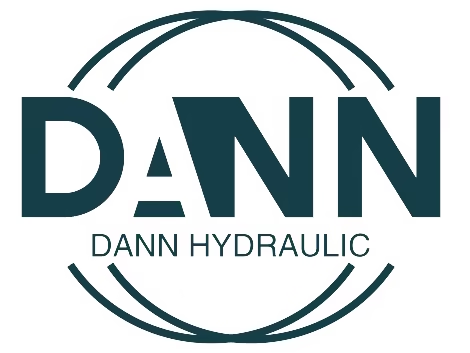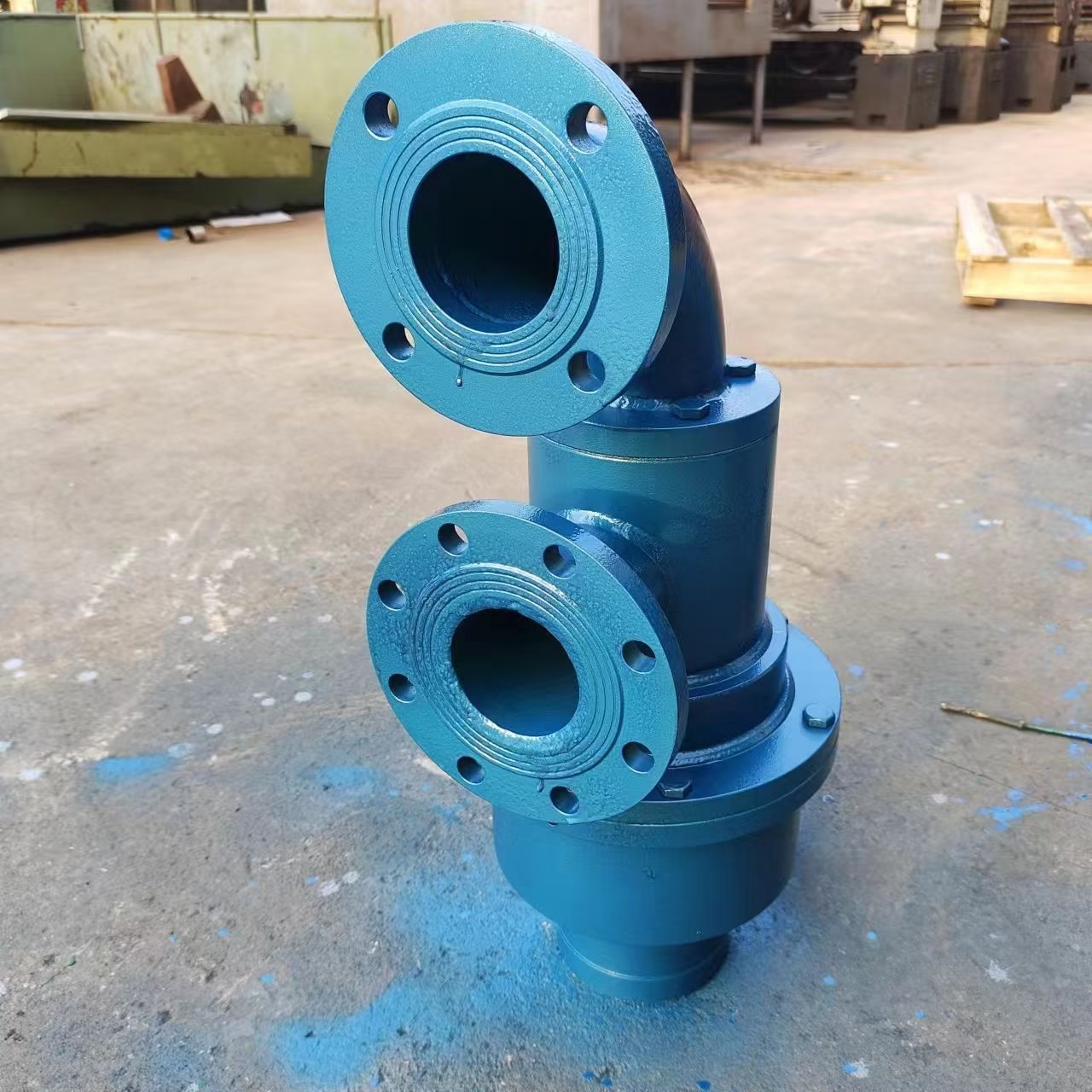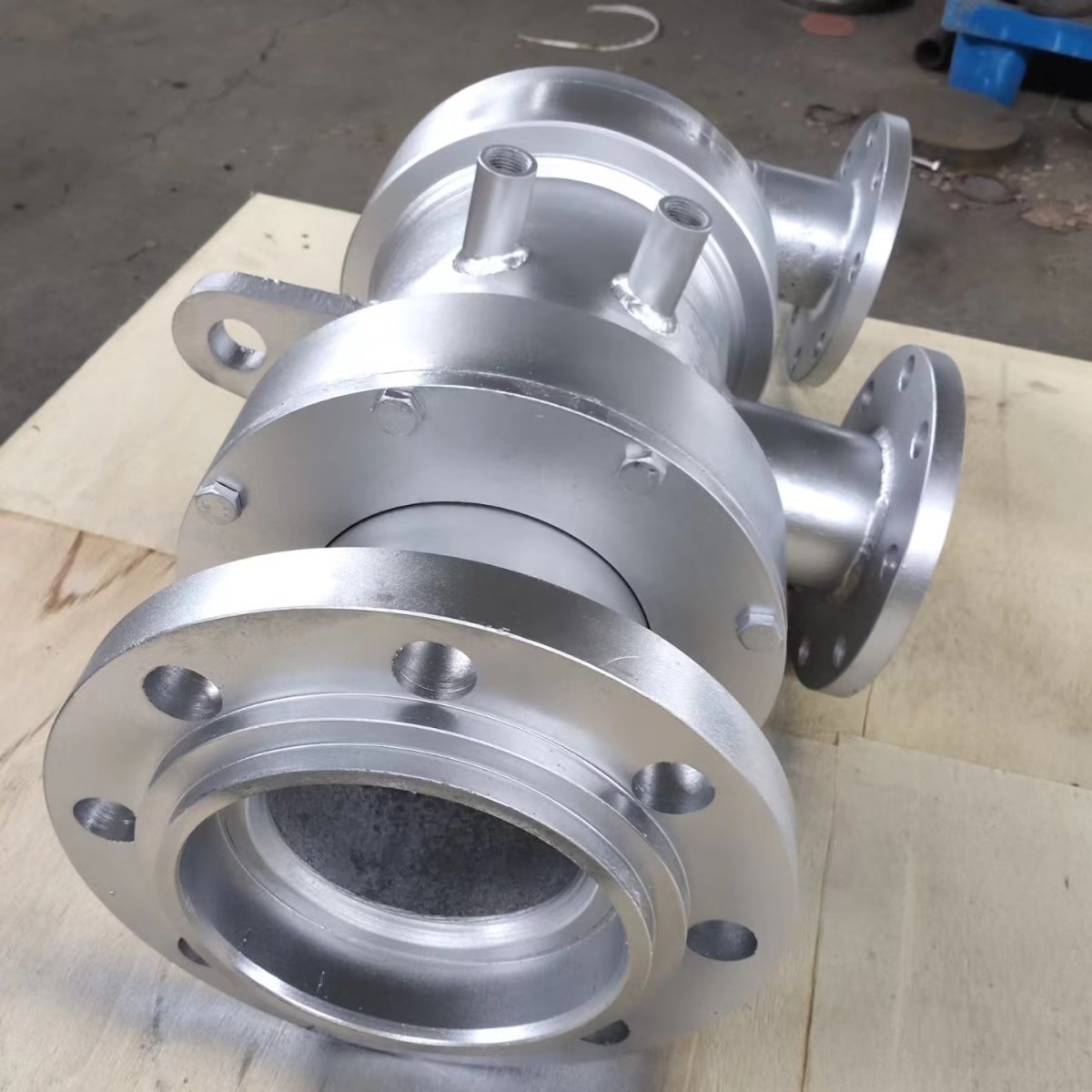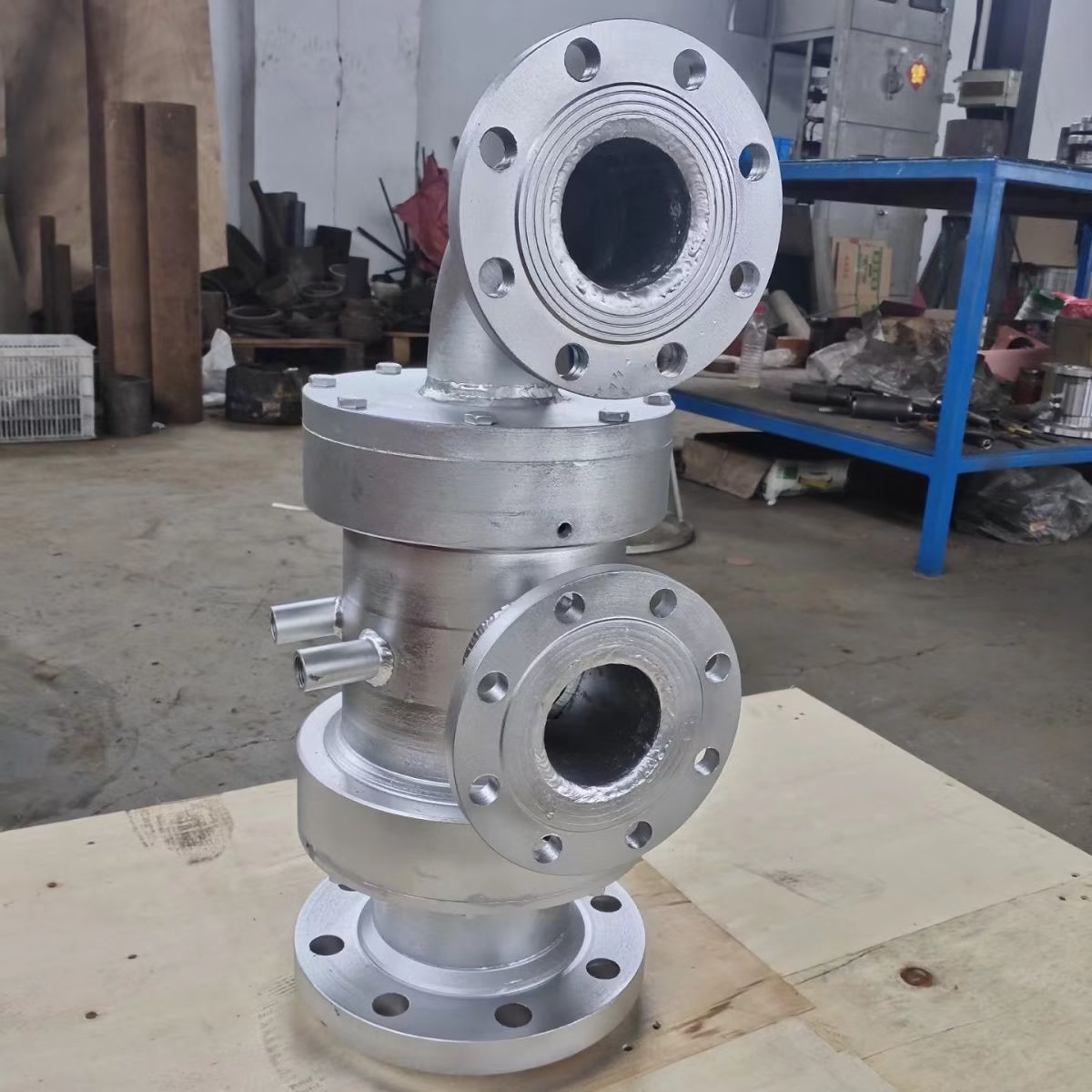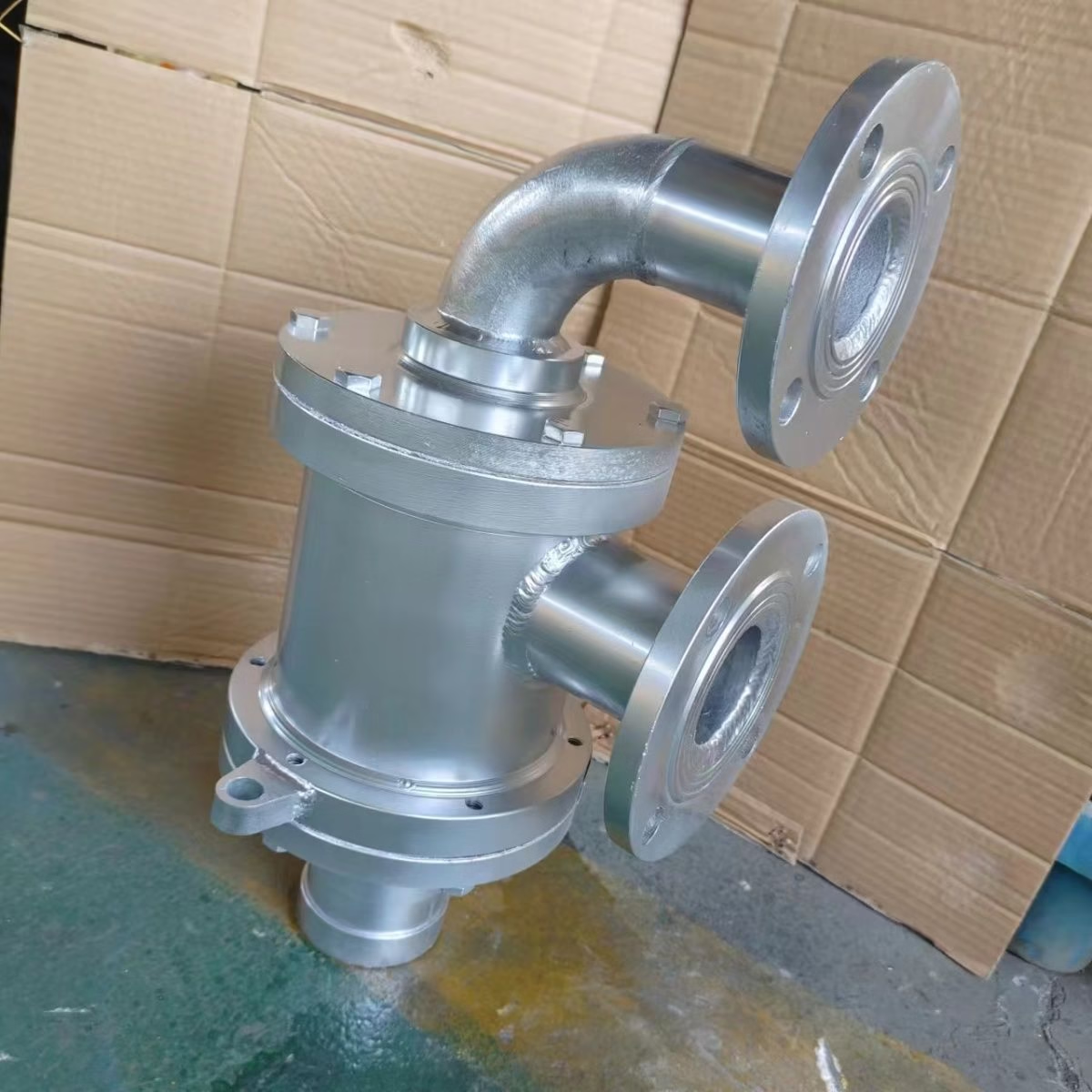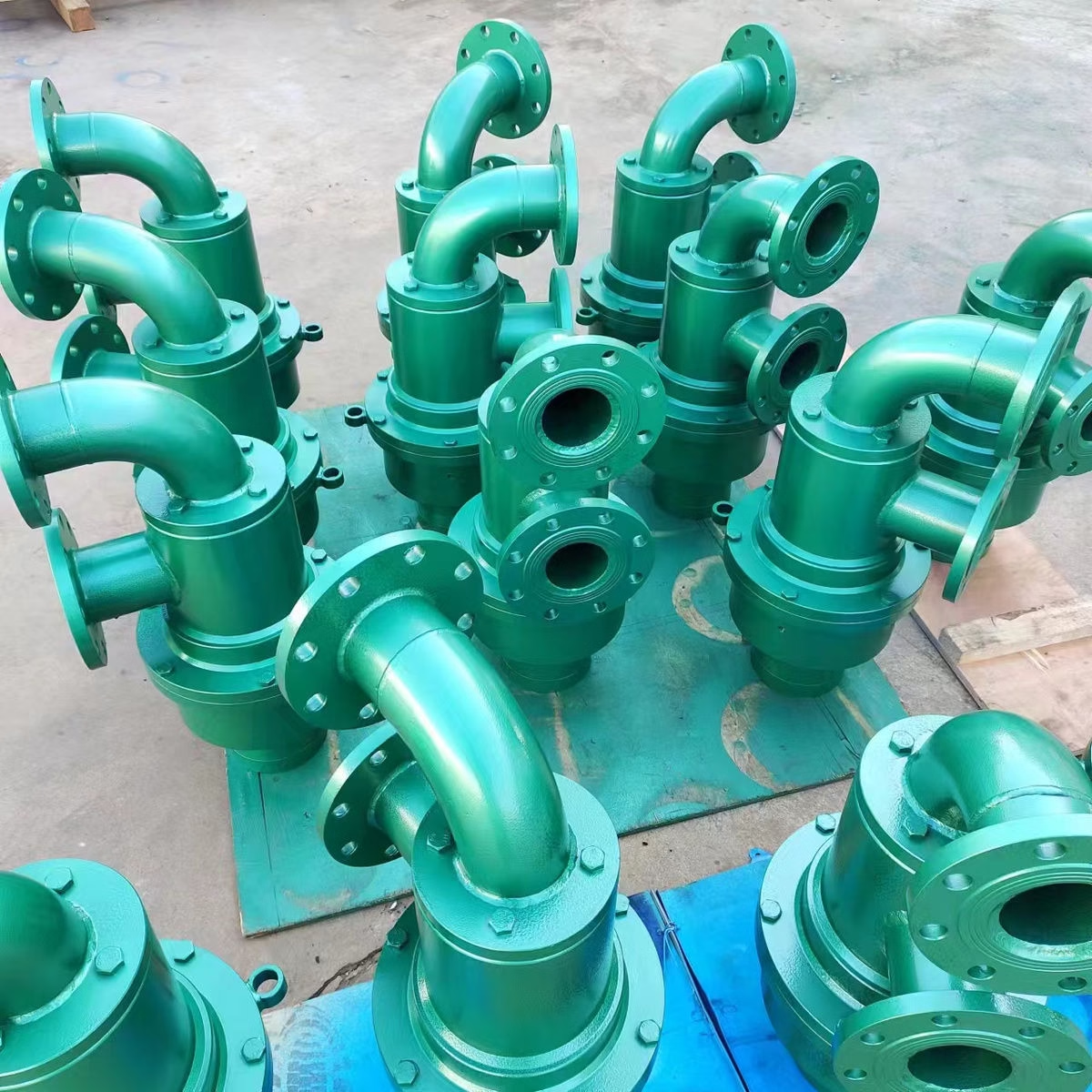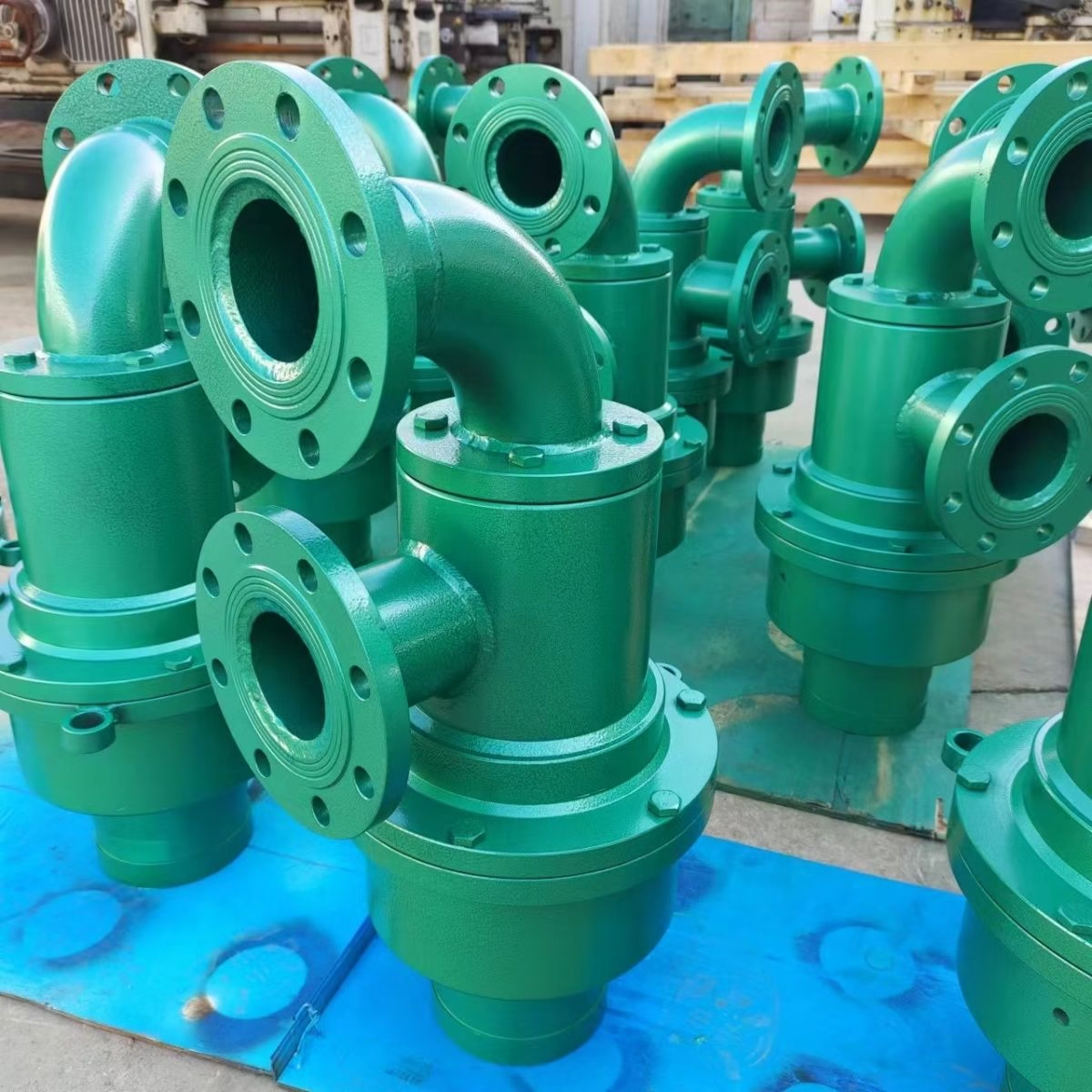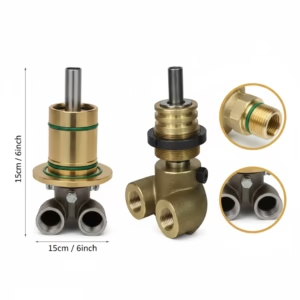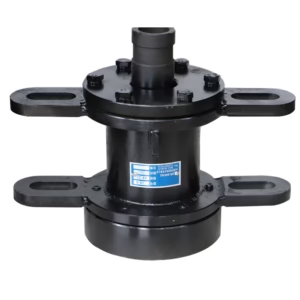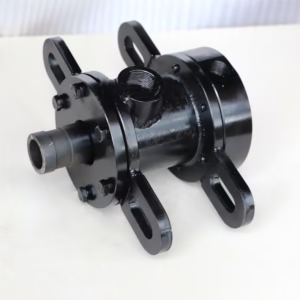Rotary Union for Steel Mill – Heavy-Duty Rotary Joints for Reliable Cooling & Fluid Transfer
Original price was: $300.00.$265.00Current price is: $265.00.
- Material: Stainless Steel (SS316), Carbon Steel
- Pressure Rating: Up to 5000 PSI (customizable for higher pressures)
- Temperature Range: Up to 200°C (392°F) (higher temperatures available upon request)
- Port Sizes: 1/4” to 2” NPT/BSP/DIN (custom sizes available)
- Max RPM: 1000 RPM (higher speeds on request)
Description

The Rotary Union for Steel Mill is a precision-engineered rotary joint specifically designed for the demanding environments of steel plants and metallurgical production lines. Built to transfer cooling water, steam, hydraulic oil, and air between stationary and rotating parts, this rotary union ensures continuous, leak-free operation in applications such as continuous casting machines (CCM), hot rolling mills, cold rolling mills, and coilers.
Steel manufacturing requires equipment that can withstand extreme heat, high pressure, abrasive scale, and nonstop operation. Our rotary unions are developed with reinforced housings, advanced sealing technologies, and customizable configurations, making them ideal for heavy-duty industrial use.
Whether you are upgrading equipment in a blast furnace, rolling mill, or casting line, our rotary unions provide durability, efficiency, and cost savings compared to conventional solutions.
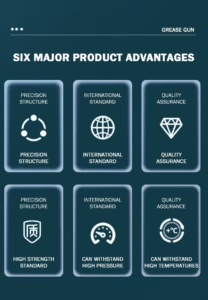
Key Product Features
ENGINEERED FOR THE EXTREME STEEL MILL ENVIRONMENT
Built to withstand the harshest conditions in steel manufacturing, our heavy-duty rotary union ensures reliable fluid transfer in intense heat, high pressure, and heavy particulate contamination. Featuring a forged bronze or stainless steel housing and a hardened chrome steel rotor, this rotary joint is your ultimate solution for reducing unscheduled downtime in critical applications like continuous casting machines (CCM), hot and cold rolling mills, and ladle turrets.
ZERO-LEAKAGE ADVANCED SEALING TECHNOLOGY
Eliminate costly fluid loss and safety hazards with our state-of-the-art mechanical seal technology. Utilizing a balanced design with premium Silicon Carbide (SiC) or Tungsten Carbide seal faces, our rotary union provides a drip-tight, leak-proof seal for water, coolant, hydraulic oil, and compressed air. This superior sealing system prevents premature bearing failure, reduces maintenance costs, and ensures a safer, cleaner operational environment on your plant floor.
HIGH-TEMPERATURE & HIGH-PRESSURE VERSATILITY
This multi-passage rotary union is specifically designed to operate flawlessly across a wide spectrum of steel plant applications. With a temperature rating up to 400°F (200°C) and pressure capabilities up to 3,000 PSI (200 bar), it is the perfect fluid swivel for demanding services, from high-pressure hydraulic systems in ladle turrets to high-volume cooling water in rolling mill work rolls. Its robust construction ensures integrity and performance where standard rotary connectors fail.
DRAMATICALLY REDUCE MAINTENANCE & TOTAL COST OF OWNERSHIP
Invest in reliability and watch your maintenance overhead shrink. Our rotary union for steel mills is designed for maximum service life with minimal intervention. Featuring oversized, permanently lubricated bearings and a self-aligning seal package, it resists wear from vibration and contaminants. This focus on durability translates directly to longer operational cycles and a significantly lower Total Cost of Ownership (TCO) compared to conventional fluid joints.
UNIVERSAL FIT & CUSTOMIZABLE CONFIGURATIONS
Designed for seamless integration, this rotary union serves as a direct-fit replacement for numerous OEM parts, simplifying your MRO (Maintenance, Repair, and Operations) inventory. We offer a wide range of sizes, mounting options, and multi-port configurations (2 to 24 passages) to meet your specific needs for hydraulic, pneumatic, and coolant lines in a single, compact unit. Partner with us for a custom-engineered rotary connector solution tailored to your unique steel manufacturing equipment.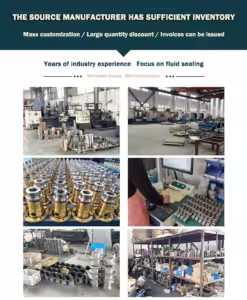
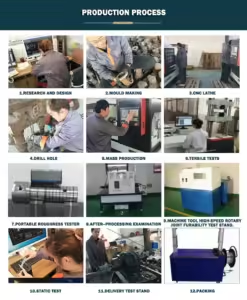
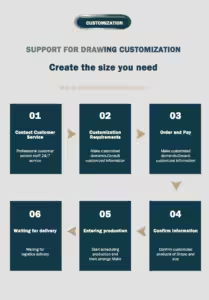
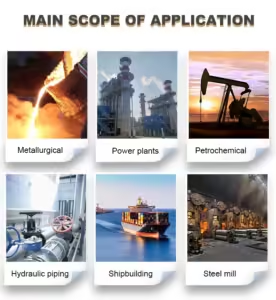
Applications in Steel Mills
The Rotary Union for Steel Mill is designed to serve critical functions in:
-
Continuous Casting Machines (CCM) – Transfers cooling water to rollers for billet, bloom, and slab casting.
-
Hot Rolling Mills – Ensures reliable water and oil supply to rolls during high-speed rolling.
-
Cold Rolling Mills – Provides cooling and lubrication for precision sheet and strip rolling.
-
Pickling & Galvanizing Lines – Transfers process fluids in high-temperature environments.
-
Coilers & Uncoilers – Delivers hydraulic oil and air for coiling and tension control systems.
These applications demand uninterrupted fluid transfer, and our rotary unions deliver consistent cooling, lubrication, and energy efficiency to keep steel production running at peak performance.
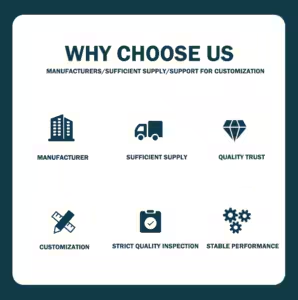
Why Choose Our Rotary Unions vs Competitors?
Compared with premium brands like Deublin rotary unions, Kadant rotary joints, and Maier rotary couplings, our rotary unions offer:
-
✅ Equal performance and reliability under steel mill conditions
-
✅ More competitive pricing for lower total cost of ownership
-
✅ Custom seal and material options for unique steel mill environments
-
✅ Fast replacement availability to reduce downtime
-
✅ Proven success in global steel plants
Steel manufacturers often face long lead times and high spare part costs from OEM suppliers. Our rotary unions provide a cost-effective, high-performance alternative without compromising quality.
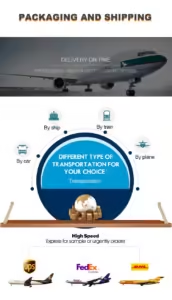
FAQ
Q1: What makes this rotary union suitable for steel mills?
A1: It is built with heavy-duty housings, heat-resistant seals, and multi-passage capabilities, designed specifically for steel mill conditions.
Q2: Can it handle both water and hydraulic oil?
A2: Yes, our rotary unions are multi-media compatible, suitable for water, steam, oil, and air.
Q3: How does it compare to Deublin rotary unions?
A3: Our product offers similar durability and sealing performance at a more cost-effective price.
Q4: Do you offer customized designs?
A4: Yes, we provide tailor-made rotary unions with custom passage numbers, pressure ratings, and seal combinations.
Q5: What is the expected lifespan in continuous operation?
A5: With proper installation and maintenance, service life is typically 5+ years in steel mill applications.

Conclusion – Reliable Rotary Unions for Steel Mills
The Rotary Union for Steel Mill is the trusted choice for steel manufacturers worldwide who demand durable, high-performance, and cost-effective rotary joints.
With:
-
Heavy-duty construction
-
High-pressure and high-temperature resistance
-
Multi-passage design options
-
Advanced sealing technology
-
Lower cost of ownership
…it ensures uninterrupted operation, reduced downtime, and maximum efficiency in continuous casting and rolling mill applications.
👉 Upgrade your steel plant equipment today with our Rotary Union for Steel Mill – a durable, efficient, and affordable solution for modern metallurgical production.
